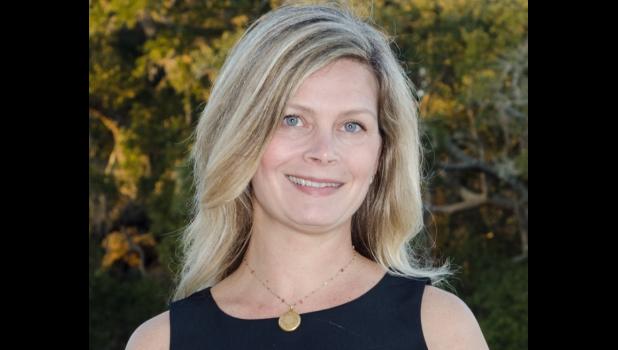How does COVID-19 affect retirement planning?
Wed, 07/29/2020 - 8:59am
admin
By:
Stephanie Mackara
With trillions of dollars and counting of national debt added just this year, total U.S. debt surged to $55.9 TRILLION and there is no end in sight. How will we as a nation manage this debt? Most likely with higher taxes, for decades. Which is why all post-COVID retirement plans must include a dynamic tax strategy.
The 2019 Tax-Efficient Retirement Income survey conducted by The Harris Poll reported that among U.S. adults age 50+ who are currently retired or planning to retire in the next 10 years, a third of current retirees (35%) did not consider how taxes would affect their retirement income when planning for retirement. The poll also found 70% of recent retirees are only “somewhat knowledgeable” or “not at all knowledgeable” about tax planning in retirement.
Ignoring the problem won’t make it go away, so here are three tax strategies to embrace when planning for a post-COVID retirement.
1. Your team. Make sure you have a certified public accountant (CPA) and investment advisor who work together to understand, evaluate, and plan for your unique needs. There will continue to be many changes to the tax code as a direct result of the CARES Act.
You will need a strong professional team by your side. Without collaboration, you are often left in the middle to interpret and relay information and often valuable pieces of data get lost in translation or never even discussed. A strong partnership between your CPA and your investment advisors is essential to building a sound pre-and post-retirement tax strategy.
2. Asset location optimization. This requires you to have multiple “tax houses” which typically include assets living in a taxable, tax-deferred or a tax-free house. You will want tax inefficient assets to reside in an account that either defers taxes such as an IRA or 401k or a tax-free ROTH account. This way the assets can grow and produce taxable income in the form of dividends, interest, and capital gains distributions, without or delaying paying taxes. This is important as you save for retirement to keep your investment income from adding to your professional income and pushing it into a different tax bracket; think of going from 24% to 32% — an additional 8% tax on your income! Post-COVID we have no idea what the tax brackets will look like, creating more incentive to control and maintain growth and income across multiple accounts, in order to minimize the amount of taxes due.
3. Withdrawal strategy. From which accounts, and when, will you pull money to live off in retirement? There is a window of opportunity between 59½ and 72 where one can take money from their tax-deferred accounts (IRA, 401K, 403b etc.) without penalty. Many people wait to take money from these accounts, allowing them to continue to grow “tax free” while deferring taxes. This is a sound strategy for some, but not for all. By age 72, in many cases, these assets have grown tax-free after many years of employee and employer contributions and are the most sizable investment asset for many people. So, what happens at 72 when the RMD or “required minimum distribution” kicks in? Now, the IRS is telling you exactly how much money you need to take out, whether you need that much money or not, and guess what? ALL of it is taxed as income. A sound withdrawal strategy includes clarity on how much money you will need in retirement to cover your fixed living expenses, goals and taxes, clarity on the amount and sources of your income (social security, pension, investment assets etc.), taxability of those income sources and a plan to withdraw or convert assets before, during and after retirement and lastly, a charitable giving component.
As we enter a post-COVID world, there will be many unintended consequences arising from the subsidies the government has allocated to keep the economy afloat and there is little doubt in my mind that the financial impacts will be wide and deep. Make sure you have a strong team in place to help you and your family build a strategy to help optimize your retirement income.
Stephanie W. Mackara, JD, CDFA, is president and principal wealth advisor of Charleston Investment Advisors LLC, and author of “Money Minded Families.” Learn more at moneymindedfamilies.org.

